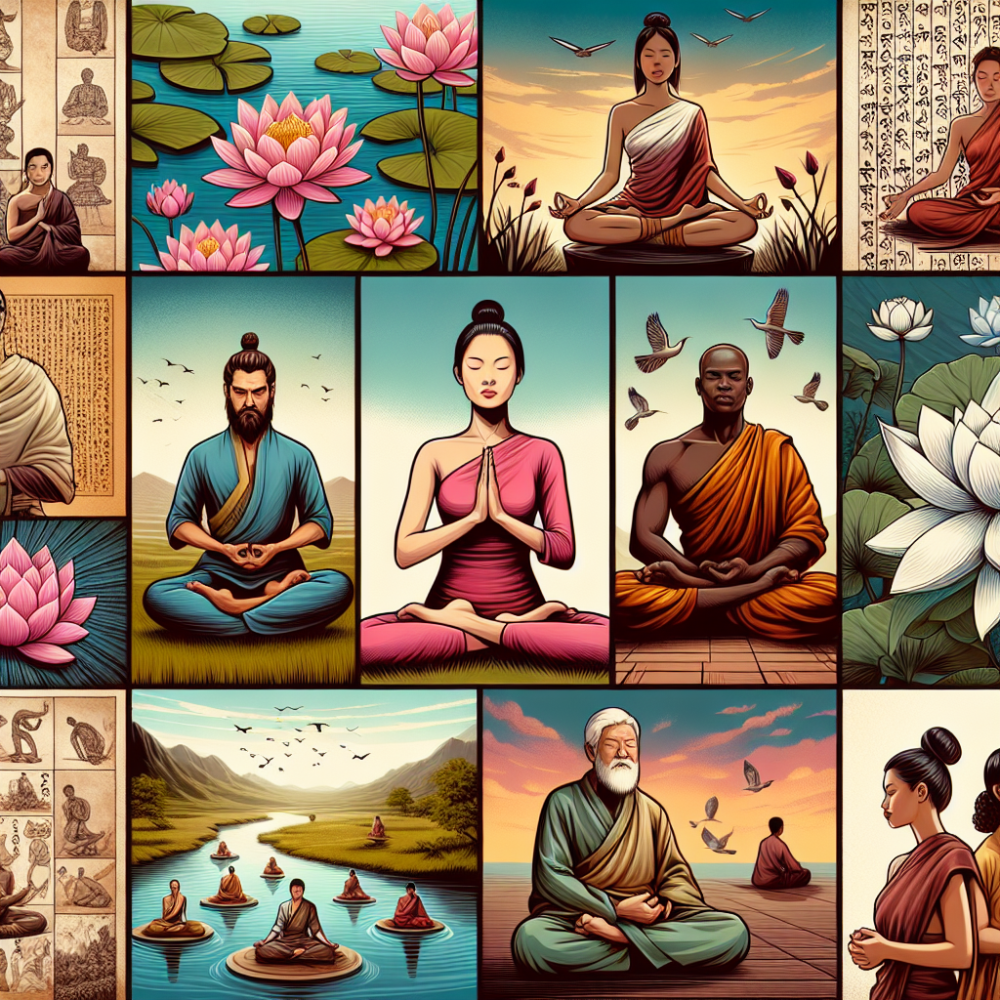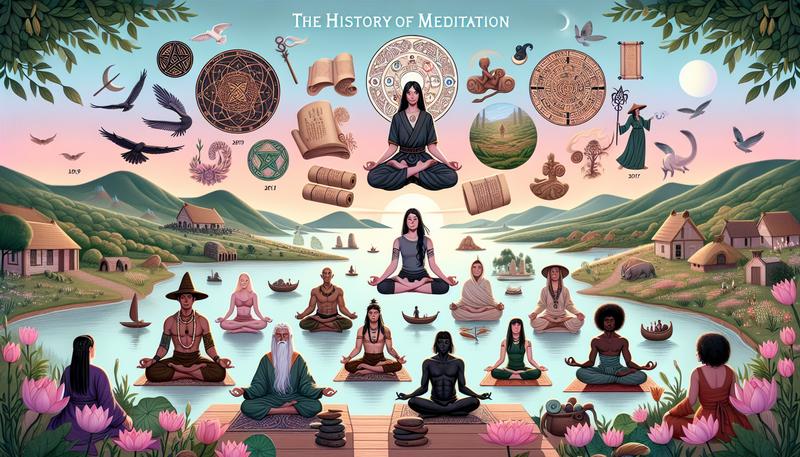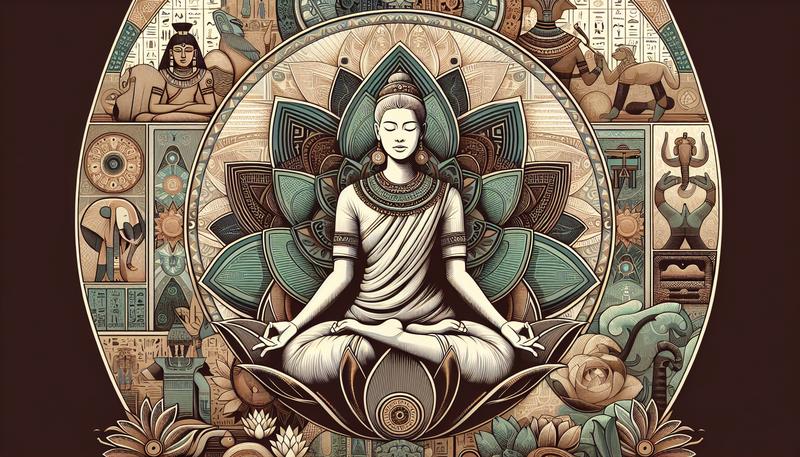Exploring the Rich History of Meditation: A Journey Through Time
Meditation is a practice that has been cherished for centuries, transcending cultures and religions. Its roots stretch back to ancient times, intertwining with various spiritual and wellness practices. Let’s take a journey through the fascinating history of meditation and see how it has shaped our understanding of mindfulness and inner peace today.
The earliest documented use of meditation can be traced back to over 5,000 years ago in the Indus Valley. Early forms of meditation were part of the spiritual practices in Hinduism, deeply embedded in the Vedic texts. People would engage in meditation to connect with the divine and attain enlightenment. This practice focused on the breath, allowing individuals to inwardly silence the chaos of the world around them.
As time progressed, meditation spread beyond the boundaries of India. In the 5th and 6th centuries BCE, it found its way into the teachings of Buddhism. The Buddha, Siddhartha Gautama, emphasized meditation as a method to liberate oneself from suffering and cultivate a deep understanding of reality. Techniques such as mindfulness and loving-kindness meditations emerged, offering practitioners tools to develop compassion and clarity.

With the spread of Buddhism, meditation influenced other spiritual traditions, merging with practices in Taoism and later, Christian mysticism. Monks and spiritual seekers began using meditative techniques to reach deeper states of prayer and worship. This cross-pollination enriched meditation practices, creating a shared goal of spiritual awakening and connection to the divine.
As we entered the modern era, meditation continued to evolve. In the late 19th and early 20th centuries, interest in meditation surged in the West. The teachings of Eastern philosophies captivated individuals yearning for a sense of peace in an increasingly chaotic world. Authors like Thich Nhat Hanh and the Dalai Lama brought mindfulness into the forefront, emphasizing its relevance for modern lives.
Today, meditation is celebrated for its numerous benefits, including stress relief, emotional regulation, and improved overall wellness. It’s no longer just a spiritual practice; it has found a place in therapeutic settings, workplaces, and personal routines alike. People from diverse backgrounds utilize meditation to cultivate self-awareness and emotional health.
If you’re looking for ways to deepen your meditation practice, consider exploring 7 Powerful Guided Meditation Techniques to Enhance Your Practice. These techniques can provide you with new tools to enhance your journey toward inner peace.
The history of meditation is a testament to its enduring power and significance. As we continue to explore its depths, may we find greater connection, understanding, and peace within ourselves and the world around us.
What are your thoughts on the evolution of meditation? Have you found it helpful in your own life? Share your experiences in the comments below!



